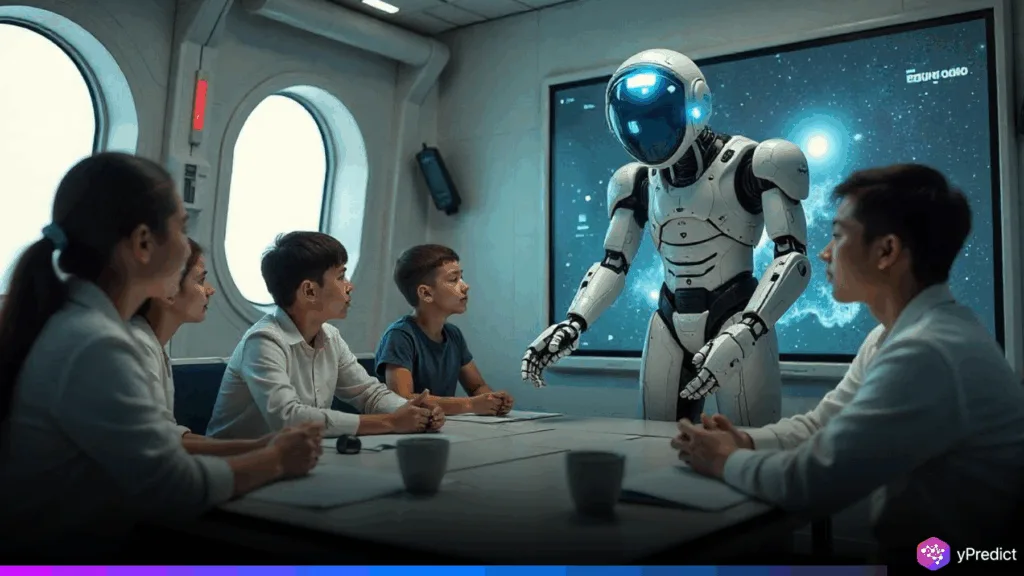
While many countries restrict phone use in classrooms, Estonia is embracing them along with artificial intelligence to revolutionize education. The small Baltic nation, home to just 1.4 million people, is launching a national initiative called AI Leap, positioning itself as a global leader in digital learning.
Estonia, long considered a pioneer in e-governance and digital infrastructure, is now turning its attention to schools. Starting this September, the country will roll out AI tools for students and teachers, including individual AI accounts for 16- and 17-year-olds.
Smartphones Used as Learning Tools
Unlike the UK and other nations that have introduced blanket smartphone bans in classrooms, Estonian schools treat phones as essential educational devices. According to Kristina Kallas, Estonia’s education minister, phones are used for learning tasks, civic education, and even participating in elections.
Schools in Estonia set their own rules, often restricting recreational use during breaks but enabling phone-based exercises during lessons. Teachers encourage students to use phones to access information, complete assignments, and interact with digital learning platforms.
From Essays to Ethics
Estonia’s AI Leap initiative includes partnerships with major technology firms, including OpenAI, to provide state-of-the-art AI tools. Teachers will be trained in AI use, self-directed learning, and digital ethics, with an emphasis on educational equity and responsible AI usage.
This initiative builds on Estonia’s historic Tiigrihüpe (Tiger Leap) program from 1997, which connected every school to the internet. Now, smartphones and AI are seen as the next evolutionary step in classroom technology.
A Top Performer in Global Education
Estonia’s bold approach is supported by its stellar academic performance. In the 2022 Programme for International Student Assessment (PISA), Estonia ranked highest in Europe for maths, science, and creative thinking, and second only to Ireland in reading.
Despite its small size and modest budget, Estonia has surpassed education heavyweights like Finland by integrating technology into every part of its school system. Teachers are digitally fluent, and students grow up in a culture where civic participation, learning, and even voting happen online.
Balancing Innovation and Responsibility
While younger students under 12 or 13 have guidelines around phone use, Estonia resists top-down bans. The country believes in digital readiness, not restriction. The government emphasizes responsible screen time, digital ethics, and classroom structure where phones are only used when necessary.
Kallas acknowledges global concerns about attention spans and mental health but believes Estonia’s proactive, integrated digital culture offers a healthier model.






